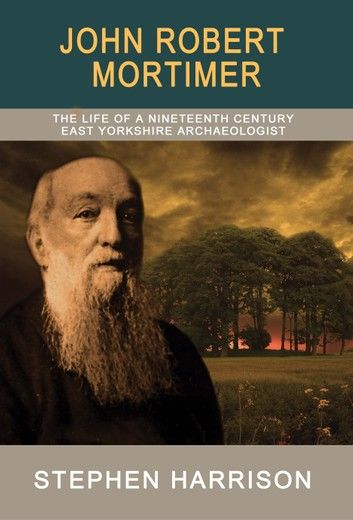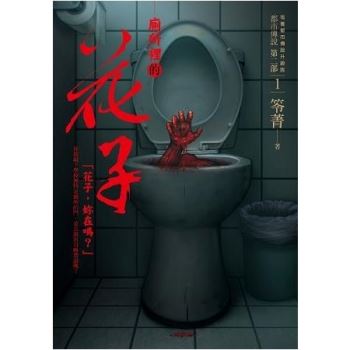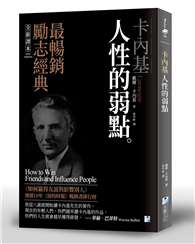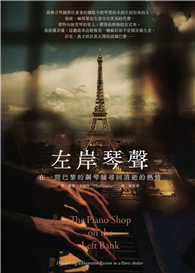The story of John Robert Mortimer (1825-1911) encompasses both the beginnings of archaeology as a scientific study and the details of a life lived entirely in one small corner of the East Riding of Yorkshire. During the second half of the nineteenth century archaeology made the transition from antiquarian pursuit to fledgling academic discipline. Mortimer, a corn merchant from Driffield, was of central importance, laying many of the foundations on which the subject came to be built. He devoted most of his adult life to the systematic and careful examination of large numbers of prehistoric burial mounds and other ancient features on the Yorkshire Wolds, eventually becoming a nationally recognised authority on the subject. Self-educated, his techniques became those used by modern archaeologists, his collection of artefacts and his writings still providing an invaluable resource for understanding the county's prehistoric past. Yet his story has never before been told, his importance as a leading and pioneering archaeologist little known. This comprehensive account of his life helps to explain why this should be. It presents Mortimer as a nationally important archaeologist using his researches to understand the lives of prehistoric peoples, his view, widely held today, that by understanding the past we understand ourselves
Stephen Harrison, BA, MPhil, PhD, was born in the East Riding of Yorkshire and has spent much of his life living and working in the county. Since the 1970s he has researched, lectured and written widely on the archaeology and history of the region. For him, as for Mortimer, archaeology, especially that of the East Riding, has been a lifelong passion. His account of J.R. Mortimer's life is the result of years of study and intimate acquaintance with the man, his life and his work.












